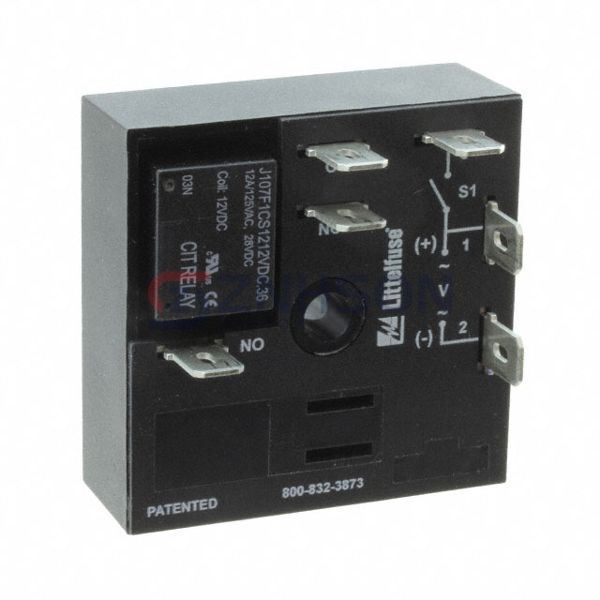KRPSA10.1SFT
Littelfuse Inc.

Littelfuse Inc.
RELAY TIME DELAY 0.10S 10A 125V
$94.07
Available to order
Reference Price (USD)
1+
$74.84000
10+
$70.90200
25+
$66.96320
50+
$63.02400
100+
$59.08500
Exquisite packaging
Discount
TT / Paypal / Credit Card / Western Union / Money Gram
| DHL / Fedex / UPS | 2-5 days |
| TNT | 2-6 days |
| EMS | 3-7 days |
Littelfuse Inc. KRPSA10.1SFT is available at inksontech.com. We only sale New&Original Part and offer 1 year warranty time. If you would like to know more about the products or apply more better price, please send a quote to us or contact us by email.
Experience hassle-free transactions with our flexible payment options and credit facilities. Learn more about the various payment methods accepted, installment plans, and any exclusive credit offers available to make your shopping experience seamless.
Product details
The KRPSA10.1SFT from Littelfuse Inc. is a high-quality time delay relay built for industrial automation excellence. This relay ensures accurate and repeatable timing functions, crucial for process control. Its intuitive interface allows for quick setup and adjustments. The KRPSA10.1SFT features a high switching capacity, handling various load types with ease. It also includes built-in protection against voltage spikes and surges. Industries such as textiles, plastics, and mining benefit from its capabilities. Textile machines use it for loom timing. Plastic injection molding relies on it for cycle control. Mining equipment employs it for conveyor belt synchronization. The KRPSA10.1SFT is a dependable solution for all these applications. Get yours today by submitting an inquiry or visiting our online store.
General specs
- Product Status: Active
- Mounting Type: Chassis Mount
- Relay Type: Mechanical Relay
- Function: Off-Delay, On-Delay
- Circuit: SPDT (1 Form C)
- Delay Time: Fixed, 0.1 Sec
- Contact Rating @ Voltage: 10A @ 125VAC
- Voltage - Supply: 24 ~ 240VAC/DC
- Termination Style: Quick Connect - 0.250" (6.3mm)
- Timing Adjustment Method: Fixed
- Timing Initiate Method: Input Voltage, Trigger Signal











